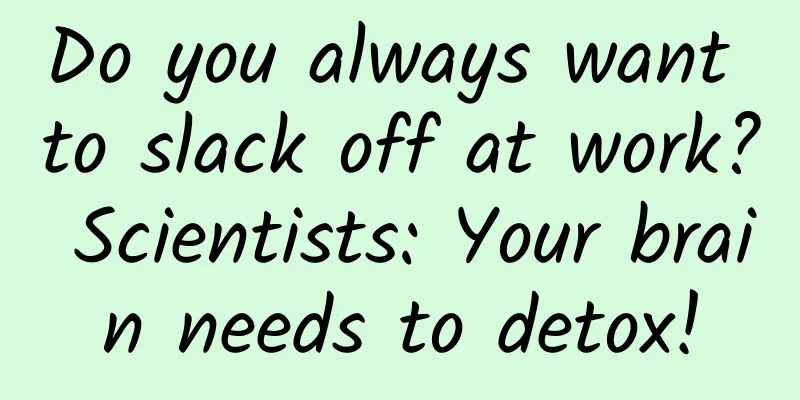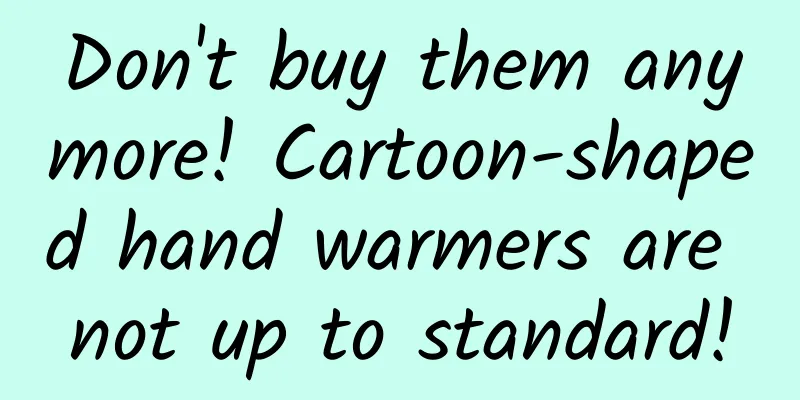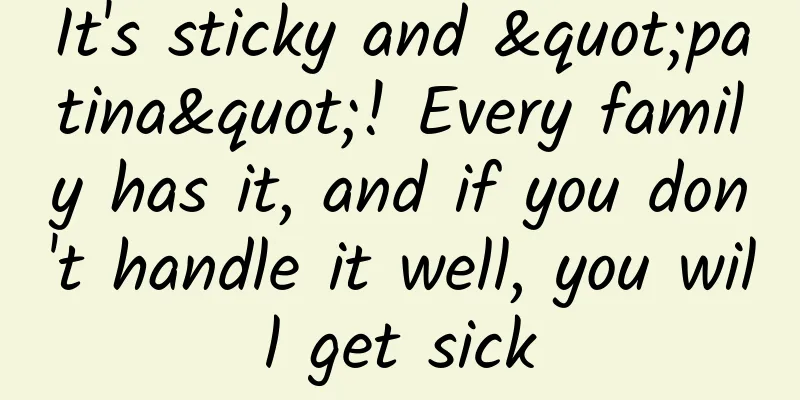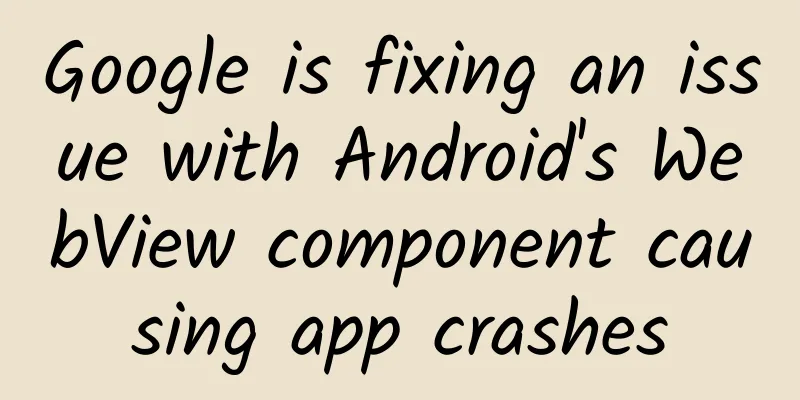Do you always want to slack off at work? Scientists: Your brain needs to detox!

|
This week for workers It's been a long week The feeling of “not wanting to go to work” Is it looming over you? With the continuous "evolution" of workers Daydreaming, playing with the phone, chatting during work breaks Increasingly common in the workplace It even has a special name Slacking off has become a new way of working There are many different ways to fish Is slacking off really just being lazy? Today, let’s clear the name of “moyu” Fishing is your brain's way of detoxifying Have you ever had this experience? When you are working or studying, after using your brain for a while, you feel that your brain is "stalling" and it is difficult to concentrate. This is actually your brain telling you that it is time to stop and relax. A study published in Contemporary Biology by the Paris Brain Institute in France shows that you need to "take a break" after working for 6 hours to relax your brain in order to work more efficiently . In this study, participants who overused their brains accumulated more glutamate in the lateral prefrontal cortex of the brain, which is mainly responsible for cognitive control. As glutamate continues to accumulate, it feels like the brain "can't work anymore." At this time, the brain needs to do some activities that do not require thinking and can easily reap rewards, reduce the concentration of glutamate, and clean up the "waste" cached in the brain so that it can function better. Being a little lazy at work can not only help restore attention and relieve stress, but also inspire inspiration. Justify the name of slacking off: micro-rest We have time off from get out of class in school, but there is no such division in the workplace. Rather than "slacking off", it is better to say that we should take a proper break at the right time. After all, when we are tired, we want to rest. This is the instinct of the body. There is a word for this kind of adjustment break called "micro-breaks" , which means taking a break of tens of seconds to several minutes while working. "Micro-rest" has two important characteristics: the rest time is relatively short and it is completely voluntary. During this period of time away from the busy schedule, you can look at the beautiful scenery outside the window, make a cup of tea, play with various small things on the desk, or chat with friendly colleagues, close friends, etc. As early as the 1980s, scientists from the National Institute for Occupational Safety and Health and Purdue University conducted an experiment to try to understand the positive impact of "micro-breaks" on work efficiency. These scientists artificially built an office environment and invited 20 participants to work in it for 2 days. The work content was highly repetitive and boring data entry tasks. However, every 40 minutes of work, they asked the participants to pause, work at hand, and rest for a short while at their workstations, about tens of seconds. They measured the heart rates of the participants before and after the breaks and recorded their work efficiency. The results showed that breaks may not be so beneficial for work efficiency, because some employees seemed to perform worse after the break, and the number of keyboard strokes per minute decreased. However, a good thing is that people who take longer micro-breaks tend to have lower heart rates, calmer moods, and make fewer mistakes at work . In other words, micro-breaks help reduce the error rate at work, reduce employees' stress, and improve their mentality . At work, people's cognitive abilities are limited, including directional attention and psychological flexibility. When a job requires too much cognitive ability, the activity and metabolism of neurons in the brain will increase. Over time, cognitive overload may occur, such as distraction or absent-mindedness. Taking a micro-break at this time can effectively prevent these situations. Be scientific and don't give up The slacking advocated here does not mean procrastinating work or doing other things when you should be working. How long should a micro-break last? One study suggests that a break of about 40 seconds is enough to improve a person's attention and cognitive performance, while other studies suggest that a few minutes is also possible. In fact, as long as the total time of micro-breaks does not exceed 12% of working time, it does not seem to affect productivity , and the mentality at work will be more positive. Taking 8 hours of work as an example, the micro-break time can reach 57.6 minutes. Research from North Carolina State University in the United States shows that a "micro-break" of only 5 minutes when people are tired at work can help people restore their energy , increase their work engagement, and complete their work with higher quality. It should be noted that the longer the break, the better . Studies have shown that after a long break, although the concentration level when returning to work will be significantly better than before the break, the concentration time after returning to work will be shortened. Please be moderate when slacking off (Image source: Internet) We can try to find a rhythm that suits us, and when we feel that it is difficult to maintain our attention, we can simply stop and take a break. Big data tells us that most people's attention span is 30 to 90 minutes. Is there any quick way to “recover” from your slacking off? For people who work in front of computers every day, browsing on mobile phones is not the best way to slack off. We need more activities away from screens. For example, stand up and walk around, preferably take a walk outside; You can also pet your cat or dog while working from home; You can chat with people who are not related to work. It is best to chat until you laugh. This can offset the anxiety and stress caused by work. Meditation or daydreaming are also good ways to relax your brain. 4 ways to make work easier and more efficient Work when efficiency is high and rest when efficiency is low. This is a healthy working method, but the premise of everything is moderation. When working, commit yourself to the task and complete it efficiently; when resting, adjust your mindset to make yourself more energetic. 1. Make the work specific When you are busy at work, instead of thinking "I have a lot of work to do", try to make your work tasks more specific. After making your work tasks specific, break them down into small steps and complete them one step at a time, which will help reduce stress. 2. Focus on one task Being distracted will not only fail to improve your efficiency, but will also cause brain overload, leading to anxiety and uneasiness, making it impossible to concentrate on completing or doing a task well. Focusing on one thing at a time and then moving on to another task after completing it can effectively reduce stress. Doing things here and there may result in accomplishing nothing. 3. Stay away from distractions Some people can work and listen to music at the same time, while others cannot function properly even in a mildly noisy environment. Everyone's distractions are different. Try to stay away from and avoid anything that slows you down or prevents you from completing your tasks, so as not to waste your energy on irrelevant things. 4. Keep your work area tidy People who are efficient at work always keep things in order. Their desks are tidy and their homes are clean. Spend some time tidying up your office area. This will reduce visual and mental stress, making your work easier. Source | Guangdong Science Popularization |
Recommend
Is it better to drink more water in summer? Why did drinking water cause trouble?
The summer heat has finally begun. In order to av...
90% of copywriters often make these three mistakes. Have you made any of them?
The three most common mistakes in many advertisin...
Selling 15 vehicles in three years: BYD's journey in Japan was difficult
On December 1, 2017, BYD held a delivery ceremony...
Why do some people look old and some look young? The reason has finally been found
In our lives, some people seem to have "eate...
APP Promotion: How to write an email to apply for App Store Featured Recommendation (Example)
If an App can be selected as a "Featured Rec...
When birds fly south, which “South” are they heading to?
Author: Yunhai Science Popularization The article...
B-side product operations: a guide to avoiding pitfalls in demand management
The methods of demand collection, analysis, and i...
SIA: Global semiconductor sales reached US$46.2 billion in February 2024, an increase of 16.3% over the same period last year
The Semiconductor Industry Association (SIA) anno...
China's entire financial system: a comprehensive list of financial regulation, institutional operations and products
Comprehensively understand domestic financial sup...
Moutai is angry about the drastic price cuts on e-commerce platforms during Double 11
The battle between traditional wine companies and...
5G mobile phones, waiting for spring
[[330468]] Currently, from mobile phone manufactu...
Bao Fan talks about entrepreneurship: Opening up the key points of entrepreneurship from the perspective of investment banks
Bao Fan, founder and CEO of China Renaissance Cap...
Sad! Sudden poisoning caused 4 deaths! Just because of eating it by mistake, we must pay attention to it in our lives
Expert of this article: Pa Lize, Chief Physician ...
Jie Jingjing of Xiaoju Energy: Accelerate intelligent innovation in the charging industry and build a high-quality service system
On September 14, the "Third Electric Vehicle...
Modular TV: Honey or Bullet?
Split TV and modular TV were originally an explor...









